Simon Weston
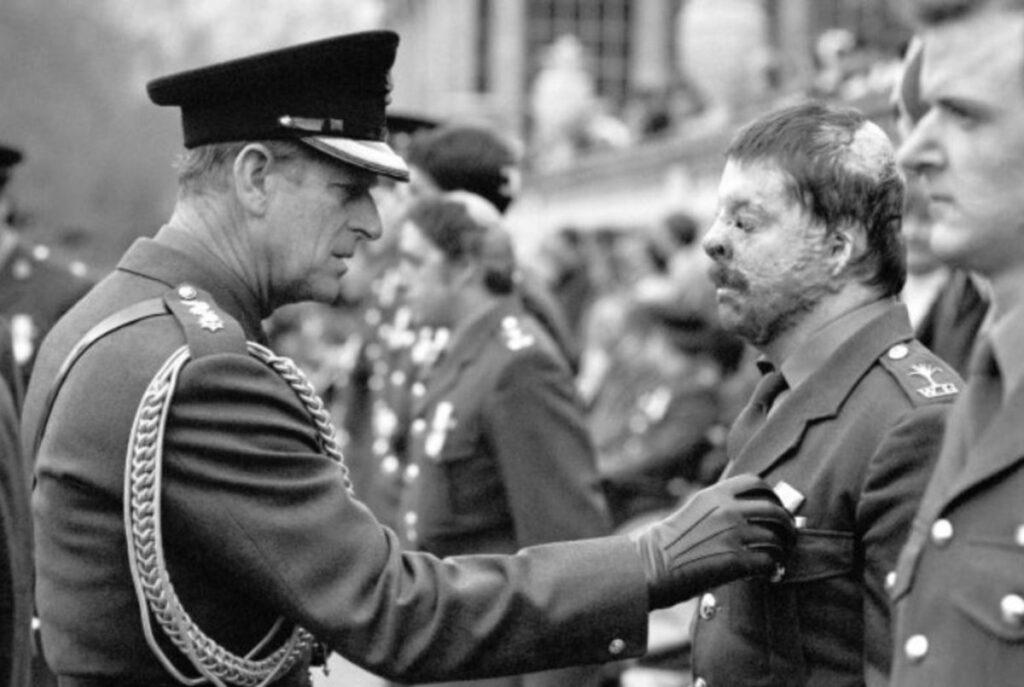
WHEN the RFA Sir Galahad was destroyed in the Bluff Cove air attack during the Falklands War, in 1982, on board was Simon Weston, Welsh Guardsman. He was severely injured, sustaining serious burns to 46% of his body, but would become well-known and respected for his courageous efforts to overcome his injuries and redefine his role in life.
The British Army veteran is widely known for his charity work and campaigning in support of troops and veterans, and the website simonweston.com describes him as a “soldier, survivor and inspiration”, adding, “his message is one of achievement, of triumph in the face of adversity, and of seizing the moment and succeeding.”
Following his injuries, Weston’s road to physical, spiritual and mental recovery saw him active in a number of highly successful ventures including ‘The Weston Spirit’, a Liverpool-based young people’s charity.
His charitable work earned him an OBE in the 1992 Queen’s Birthday Honours. He was also awarded the Freedom of the City of Liverpool in 2002 in recognition of his bravery and his charity work in the region.
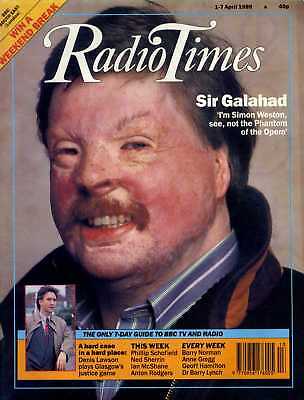
He was honoured as one of the top 100 Welsh Heroes in an online poll in 2004, and, 10 years later, in a survey conducted by Freud Communications, Weston was voted top of the UK’s Heroes Index, naming him the Nation’s Favourite Hero.
In early November 2015, Variety children’s charity awarded Weston a Legend Award for his services to motivational speaking and in December he was awarded the freedom of the City of London.
Weston was born at Caerphilly District Miners Hospital in Caerphilly on August 8, 1961. He was brought up by his mother, Pauline and adoptive father, ‘Lofty’. His biological father served in the Royal Air Force alongside his mother. Simon lived in Singapore and at RAF Hospital Nocton Hall in Lincolnshire before returning to the village of Nelson at the age of around six or seven.
He joined the Welsh Guards in 1978, aged 16, at the insistence of his mother, after he “got into bother”. He served in Berlin, Northern Ireland and Kenya before being deployed to the Falkland Islands.
On June 8, 1982, he was boarded with other members of his regiment on RFA Sir Galahad in Port Pleasant near Fitzroy, just off the Falkland Islands. It was bombed and set on fire by Argentine Skyhawk fighters during the Bluff Cove air attacks.
His ship was carrying ammunition as well as phosphorus bombs and thousands of gallons of diesel and petrol. Out of his platoon of 30 men, 22 were killed. The Welsh Guards lost a total of 48 men killed and 97 wounded aboard the Sir Galahad.
Weston survived with 46% burns, following which his face was barely recognisable: He said: “My first encounter with a really low point was when they wheeled me into the transit hospital at RAF Lyneham and I passed my mother in the corridor and she said to my gran, “Oh mam, look at that poor boy” and I cried out “Mam, it’s me!” As she recognised my voice her face turned to stone.”
Weston endured years of reconstructive surgery, including over 96 major operations or surgical procedures. Skin from his shoulders was used to make eyelids and his nose was grafted on in a later operation.
He suffered psychological trauma, drinking heavily and becoming suicidal, and admits his behaviour during this time was “terrible”. He credits his mother with helping him to overcome this, in particular, her act of reuniting him with his old regiment, who refused to mollycoddle him (especially Glen White, who ran the Welsh Guards rugby side), forced him to “face up to the unavoidable and to be positive about everything including especially my future”.
Weston began to make regular contributions to radio programmes and appeared on television, especially within Wales. He was the subject of five major BBC television documentaries: Simon’s War, Simon’s Peace, Simon’s Triumph, Simon’s Return and, in April 1999, Simon’s Journey.
He presented his own radio show, Face for the Radio, for BBC Radio Wales and has been interviewed on many occasions for television news programmes and documentaries recounting his experiences, including appearances marking events such as the 25th anniversary of the Falklands War ending, presenting reports for ITN covering the 90th Anniversary of the end of the First World War and in late 2011 he returned to the Falklands Islands to film a documentary to help mark the 30th Anniversary of the Falklands War.
He has also appeared on programmes such as This Is Your Life – appearing on February 7, 1990, aged 28, Weston was one of the show’s youngest ever guests – and later Who Wants to Be a Millionaire?
He was featured in a £7 million advertising campaign launched in 2000 aimed at boosting recruitment into the police force.
In 2014, he was nominated by viewers on the BBC One Show to have his portrait painted and hung in the National Portrait Gallery and a BBC documentary team followed Weston and the process behind creating the portrait.
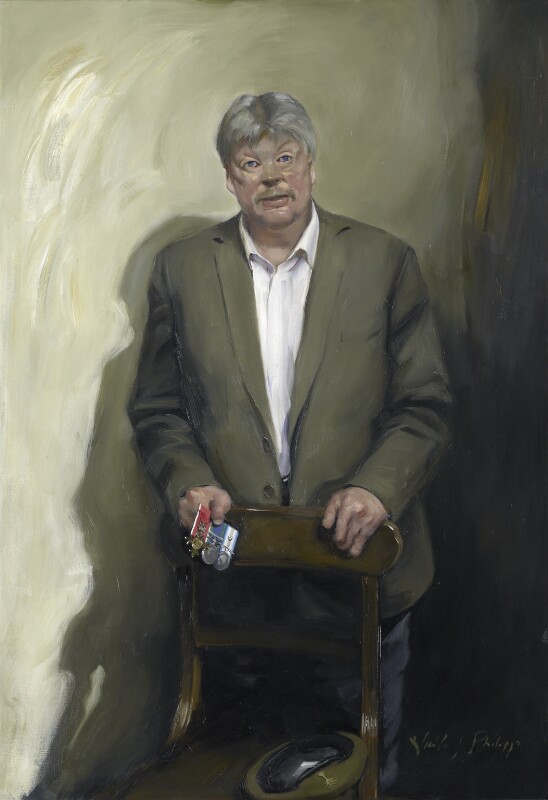
In 1986, Weston undertook his first goodwill tour, to Australia, at the request of the Guards Association of Australasia. The resulting donations to children’s burns units made him begin to feel useful again.
Weston became patron of a number of charities that support people living with disfigurements, as well as the lead ambassador for The Healing Foundation.
He has not only campaigned in support of troops and veterans, but against politicians’ perceived failure to support them adequately. Weston has spoken out against defence budget cuts and British troops allegedly being supplied with inadequate equipment and about the lack of support, health care and adequate compensation for veterans.
In March 2007, he appeared on ITV News, giving his opinion on the care of British soldiers in hospital. A year later, he appeared alongside Conservative leader David Cameron as he announced the formation of a commission to investigate ways to help restore the “military covenant”, which Cameron called “well and truly broken”.
It was intended that Weston would take a non-partisan, advisory role to the Commission (headed by Frederick Forsyth), with his work taking a particular focus to the treatment of veterans and the compensation paid out to injured service personnel.
In February 2003, in the run-up to the Iraq War, Weston spoke out about “politicians with so many different agendas, spin and bluff and throwing smoke in the air and, I have to say, even lies… so often that we are not sure what we are actually listening to now”.
Weston also spoke to the ethical committee at London’s Royal Free Hospital in 2006 to support the case for authorising full face transplants, even though he had previously been against the idea.
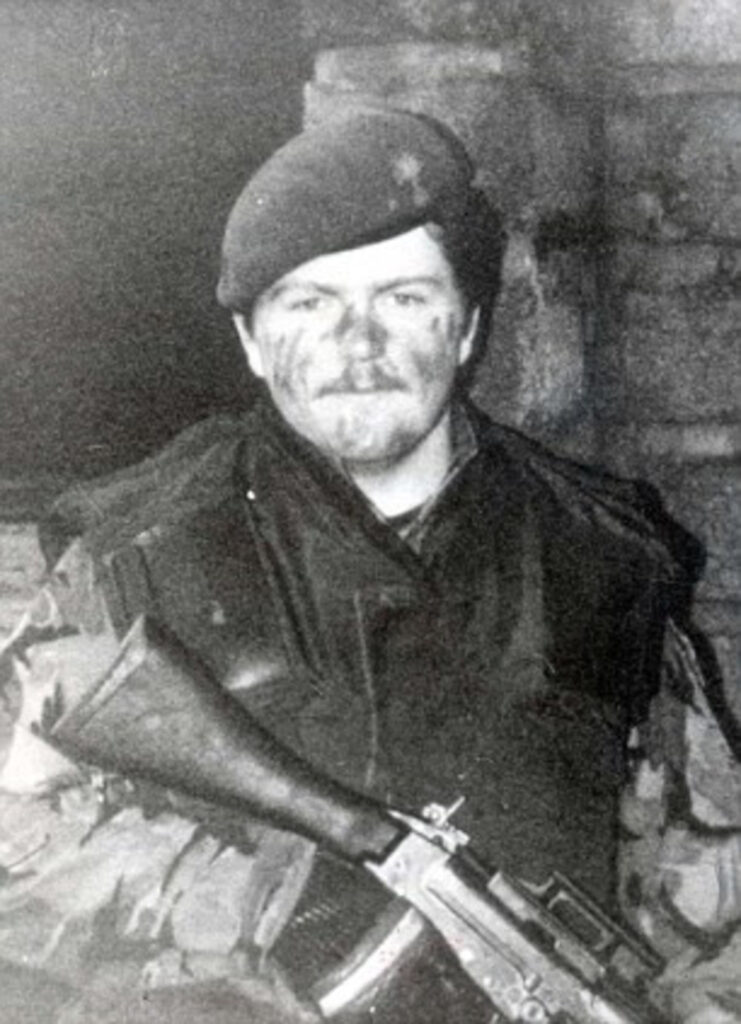
In 2008, Weston criticised the then French president, Nicolas Sarkozy, for failing to attend a war ceremony. Weston said, “He should have got it right, we in Wales have lost and sacrificed as much as anybody for different causes”. Showing his support for the British monarchy, he added, “Not for a second would Charles have disrespected the event. He has always acted with a great deal of reverence for the occasion.”
In February 2012, Weston was caught up in an angry exchange with actor Sean Penn, who said it was improper for Prince William to be deployed to the Falklands. Weston was reported as saying, “Sean Penn does not know what he is talking about and, frankly, he should shut up. His [Penn’s] views are irrelevant and it only serves to fuel the fire of the Argentineans and get them more pumped up.”
In 2012, Weston decided to stand for the post of elected Police and Crime Commissioner for the South Wales Police. As part of the nomination process, he had to disclose a police caution he had received as a child and whether this disbarred him from standing became a matter of public debate.
He withdrew from the process, citing this controversy and the perceived politicisation of the post (some sources hold that a caution for a juvenile should not be grounds for disqualification). During a BBC radio interview on the subject of the disclosure of cautions to juveniles, Weston pointed out that he has never sought to hide the fact of the caution, which he received aged 14 when he was caught as a passenger in a car stolen by his older friends.
Weston married Lucy Titherington, with whom he has three children: James, Stuart and Caitlin and a grandson, Zachary. The couple met in Liverpool when she was working for his charity, Weston Spirit. They were engaged on June 8, 1989, exactly seven years after the attack on the Sir Galahad. They married on May 12, 1990 and made their home in Cardiff.
Weston has met and become friends with First Lieutenant Carlos Cachon, the Argentine pilot who dropped the bomb which caused his injuries. He was criticised for this move by families of those who fought in the Falklands War, which he simply dismissed, saying: “I don’t have a problem with other people criticising me for things I do, as long as people understand why I did them. Then I don’t have a problem to walk away and say ‘you’re entitled to your opinions’.”
The medals Weston received for his military service include the General Service Medal with ‘Northern Ireland’ clasp and the South Atlantic Medal with rosette.
His courage and charity work have been recognised and honoured on a number of occasions. He was appointed Officer of the Order of the British Empire (OBE) in the 1992 Queen’s Birthday Honours and Commander of the Order of the British Empire (CBE) in the 2016 New Year Honours for charitable services.
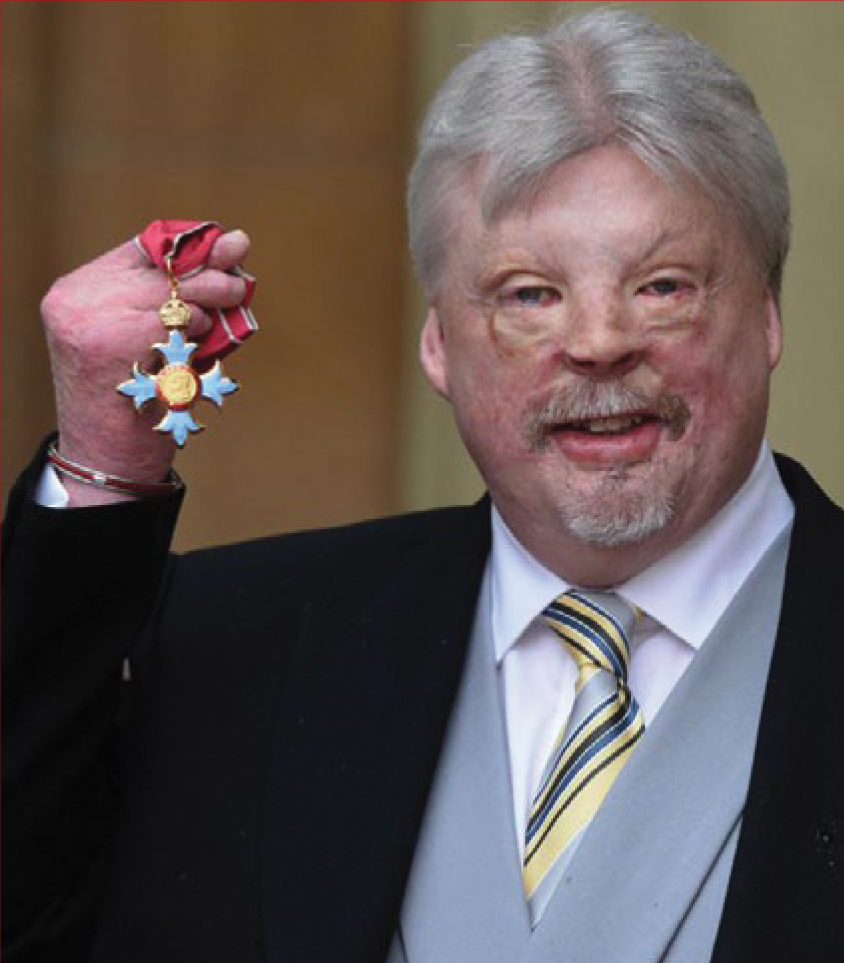
In 2002, he was awarded the Freedom of the City of Liverpool and, in 2005, he was made an Honorary Fellow of Cardiff University.
In 2006 Weston and dual code (rugby league and rugby union) international David Watkins were installed as patrons of the Wales Rugby League, in a ceremony held in the Welsh Assembly and in 2008 he received an Honorary Doctorate from Heriot-Watt University.
For two years, Weston was the President for Wales Scouting and he became the Patron of the Falkland Veterans Foundation, The Enham Trust, Allied Service Trust and an Ambassador for Changing Faces.
His autobiography, Walking Tall, was number one in the best-selling list. Going Back was also a best seller, being in the top 10 for eight weeks. He then wrote a series of fiction books with titles such as Cause of Death and Phoenix. Moving On was published in 2003 and sees Weston lay his Falklands ghosts to rest.
He has published a series of four children’s books – A Nod From Nelson, Nelson to the Rescue, Nelson at Sea and Get Fit with Nelson and in 2014 was asked to voice over some stories for children’s telelvision.
Weston, who has embarked on a well-received theatre tour across the UK, is also a successful businessman, running his own security business in south Wales and becoming a director of a company specialising in selling holidays to those with accessibility requirements.
BACK TO HOME PAGE
